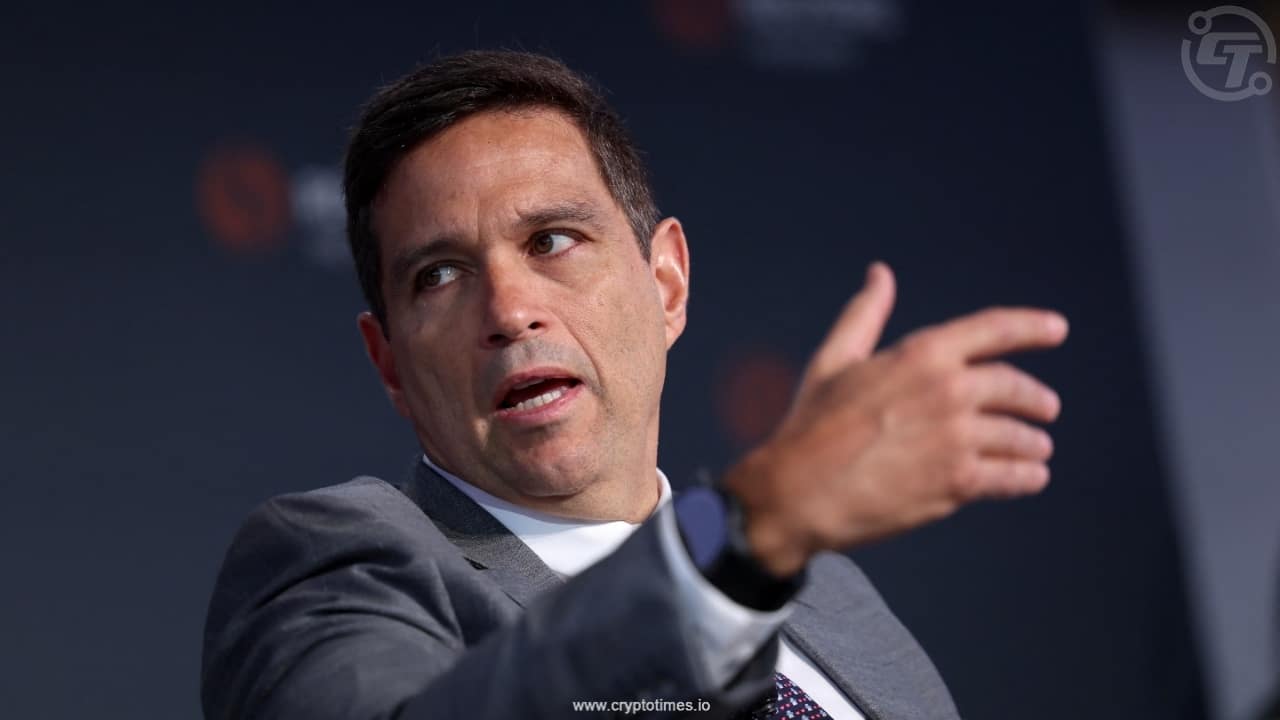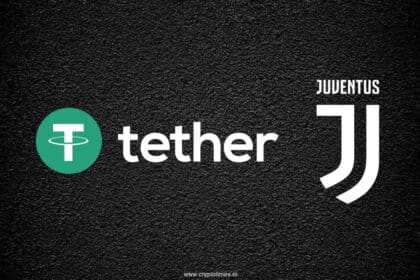Former Central Bank of Brazil president Roberto Campos Neto stated that cryptocurrencies played a direct role in inspiring national financial innovations such as Pix and Drex.
Speaking during an event at the São Paulo Stock Exchange (B3) on October 6, Campos Neto said that the technological design of digital assets influenced how the Central Bank approached efficiency, inclusion, and automation in Brazil’s payment systems.
Crypto’s influence on Brazil’s payment innovation
According to Campos Neto, features commonly associated with cryptocurrencies—such as transaction speed, cost efficiency, and transparency—helped guide the creation of Pix, the instant payments system launched in 2020.
Pix allows users to send and receive money instantly through smartphones or online banking platforms, operating 24/7 and at no cost for individuals. The system has become one of the cornerstones of Brazil’s financial infrastructure, facilitating millions of daily transactions and driving digital inclusion.
Its success has also drawn international attention — and some criticism. Recently, former U.S. President Donald Trump described Pix as a “threat” to private financial institutions, prompting Brazil’s fintech and banking sectors to publicly defend the system’s innovation and accessibility.
Campos Neto noted that, although Drex will be a centralized and regulated system, its architecture draws from the same conceptual foundation that underpins blockchain-based networks.
He said this alignment allows Brazil to incorporate the best aspects of both models: “The crypto world showed us that it’s possible to design faster and cheaper systems for transferring value,” he remarked.
A broader modernization effort
The statement aligns with the Central Bank’s broader modernization strategy, which includes Pix, Open Finance, and Drex as interconnected pillars aimed at improving access to financial services.
Campos Neto’s comments come amid a period of rapid cryptocurrency growth in Brazil. According to recent data, total crypto transaction volume in the country reached R$ 1.7 trillion in 2024, more than doubling year over year — a sign of increasing retail and institutional participation.
Campos Neto’s remarks reflect how Brazil’s regulatory and technological developments are occurring alongside this broader expansion. By linking crypto-inspired design principles to public financial infrastructure, the country positions itself as a test case for how blockchain concepts can influence state-backed systems without replicating their decentralized structure.
Also read: Binance And OKX Announce Crypto Payment Cards for Brazil












